It may seem odd that a style of music born in New Orleans, which incorporates African rhythms and untethered self-expression with European melodies and instruments, found a home in Japan. That said, in the 1920s, with Japan openly accepting Western influences, jazz gained a foothold in the country, especially in Osaka, where the nation's first jazz club opened in 1933.

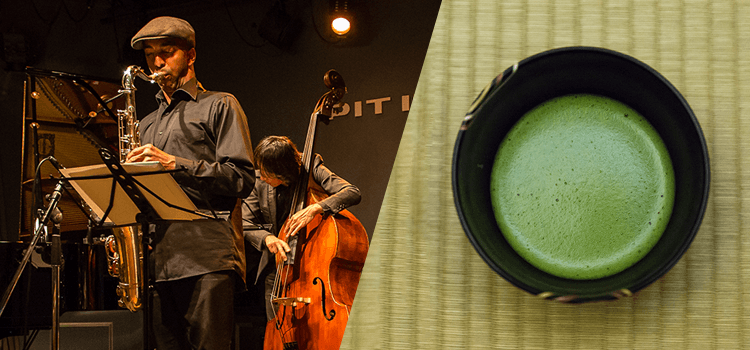
Tokyo: Where centuries-old traditions and modern outside influences mingle
Tokyo is a rhythm of two beats: modernity and traditions.
This is how The Economist, a world-renowned British magazine covering everything from the economy to the arts, sees Tokyo.
The Economist presents Tokyo as a city of duality, simultaneously celebrating traditional customs while pumping modernity into the cultural bloodstream of the capital.
Produced by

sponsored content on 1843
Select the one you like.
- Modern
- Tradition

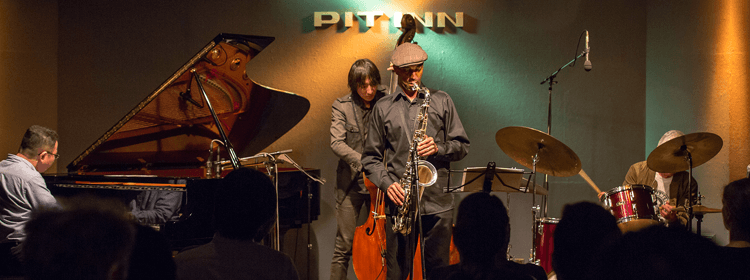
ENTERTAINMENT - Modern / Buzz
JAZZ
Jazz holds a unique position in Japan. Unlike pop or even Japanese enka, you don’t tend to see much of it on TV—not even on the annual New Year’s Eve “Red and White” singing contest on NHK, which is the largest televised music event of the year. You rarely see advertisements on the train for jazz albums or concerts either. Yet jazz is there, just under the surface, fueled by an army of aficionadas as obsessed with their music as any young otaku is with his or her anime and manga.
“in the 1920s, with Japan openly accepting Western influences, jazz gained a foothold in the country, especially in Osaka, where the nation’s first jazz club opened in 1933.”
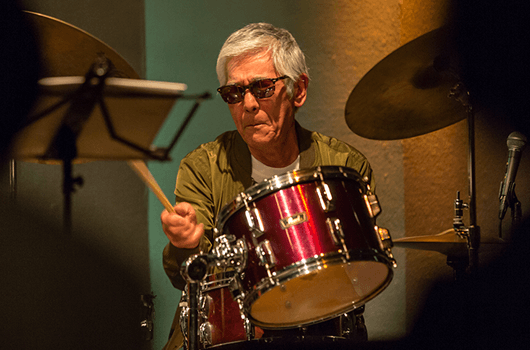
During the post-war occupation, the US military's presence and consumption of the music—coupled with the need to hire local musicians to perform jazz for and with the soldiers—helped to establish jazz even more deeply. And it's not just found in Osaka and Tokyo. If you have travelled around Japan, you'll know that jazz has made it everywhere. From Sapporo to Matsuyama, you'll find smoky jazz clubs and cafes packed with vinyl, cocktail bars with unrelenting Coltrane, Monk and Davis soundtracks and “live houses” that allow local jazz performers to express themselves on stage.
“Acclaimed author Haruki Murakami, who ran a jazz café in Tokyo long before he became a global literary giant, has written how the rhythm, melody and improvisation of jazz informed his approach to writing.”
Read up on why Japan loves jazz and you find all kinds of explanations. For performers and listeners, the freedom of the form—especially the improvisation—is possibly an escape from an otherwise rigid, heavily ordered society. Perhaps there's an intellectual attraction too, which could explain why jazz and literati so often seem to be bedfellows in Japan. Acclaimed author Haruki Murakami, who ran a jazz café in Tokyo long before he became a global literary giant, has written how the rhythm, melody and improvisation of jazz informed his approach to writing.
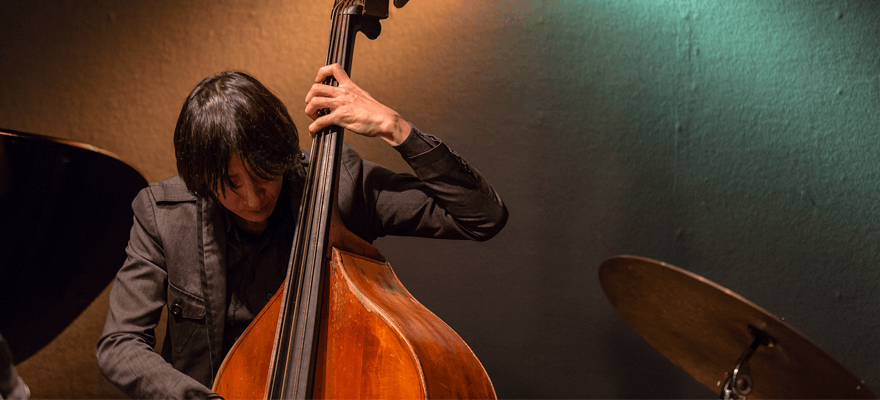
The how and why, however, isn't really all that important. Like listening to the music itself, you just need to relax and soak up the jazz scene. And, in Tokyo, you have as many varied options for that as a jazz guitar has unusual chord shapes.
At the larger end of the scale, the annual Tokyo Jazz Festival in September brings together almost 30 bands and artists from Japan and overseas, ranging from big band jazz to vocalists. At the high-end, there are clubs like the Tokyo branch of the Blue Note and the Cotton Club, both of which are regular stops for famous performers on world tours. Add to that the plush jazz nights frequently unfolding in the bars of the more exclusive hotels.
“the jazz scene is vibrant and diverse. And it has a wonderfully unexpected but very deep connection to Japan.”
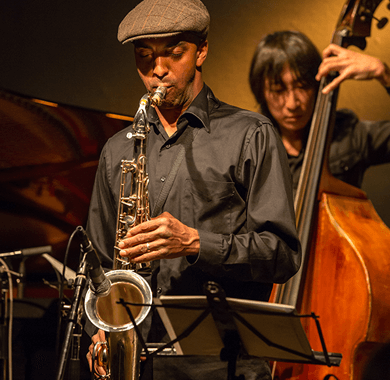
Then there are the cooler, less polished surrounds of smoky clubs like the Pit Inn, where mainstream jazz is the focus, or less central hangouts such as Sometimes in Kichijoji—an area with long established jazz roots—which sees everything from the avant-garde to emerging traditionally focused talent. Like the clubs themselves, the jazz scene is vibrant and diverse. And it has a wonderfully unexpected but very deep connection to Japan.



